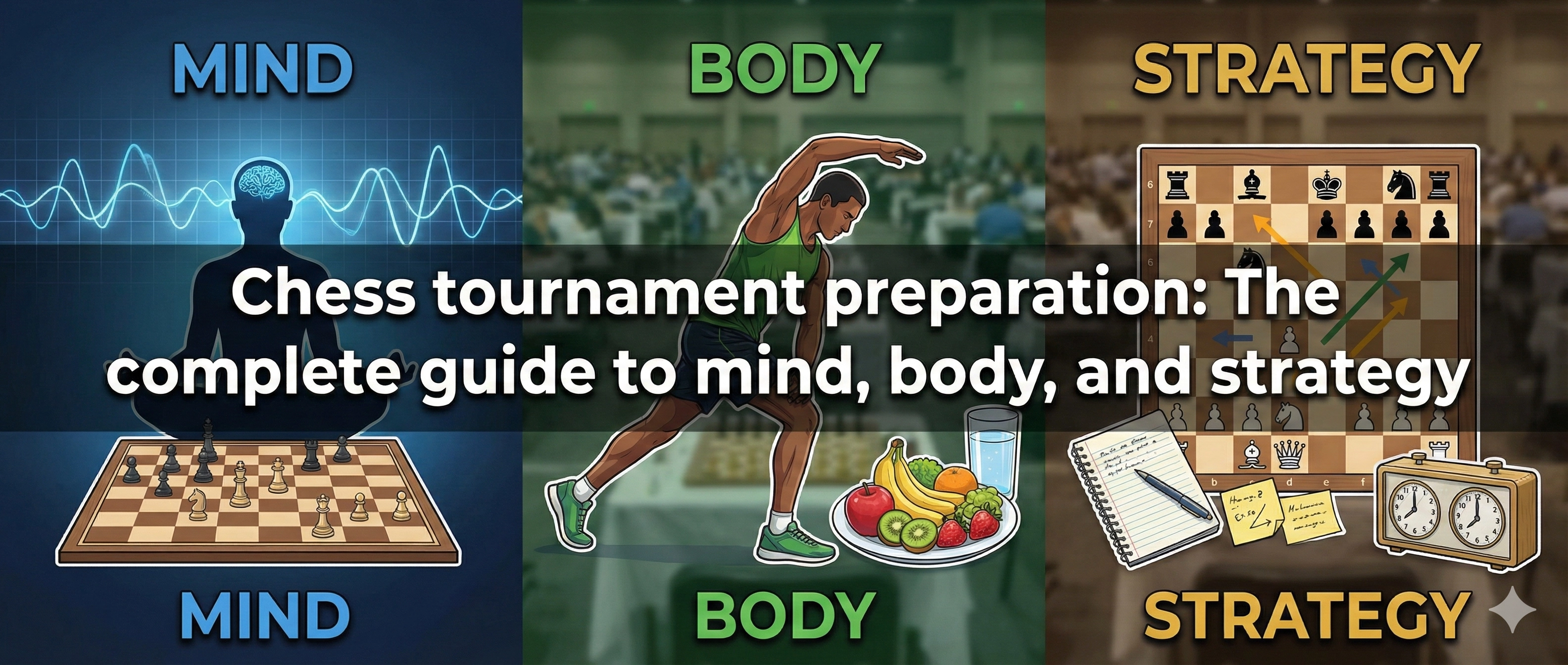Most beginners find USACO tests impossible to crack. So much so that there’s a thread on the USACO forum on “Why is USACO Bronze so ridiculously hard.”
Dear first-timers, do not jump to conclusions after reading such threads. Try to learn more about the topics and question types to find out how hard is USACO Bronze.
- What is USACO Bronze
- USACO Bronze & the Level of Difficulty
- Conclusion
- FAQs
- 1. What is USACO Bronze?
- 2. How hard is USACO Bronze?
- 3. What score do you need to pass USACO Bronze?
- 4. What topics should I study for USACO Bronze?
- 5. What resources are recommended for USACO Bronze preparation?
- 6. Is it possible to skip USACO Bronze and go to Silver?
- 7. How can I improve my score in USACO Bronze?
- 8. When is the USACO Bronze contest held?
- 9. Are there any prerequisites before entering USACO Bronze?
- 10. Can I retake the USACO Bronze contest if I don't pass?
What is USACO Bronze
USACO stands for the USA Computing Olympiad, a national-level series of contests for students passionate about programming.
The competition is divided into five divisions, each increasing in difficulty. The Bronze division is the first level, serving as the entry point for all participants in the Olympiad.
1. Is Bronze mandatory?
Yes, it’s mandatory to clear the bronze level. Be it, pre-college students or college students, anybody appearing for this Olympiad must go through the bronze division to go to the USACO Silver.
Even the platinum candidates and USACO campers had to go through the bronze level to reach the advanced levels.

2. Topics You Need to Learn to Clear Bronze
Rectangle Geometry: Problems related to rectangles with sides parallel to the coordinate axes.
Introduction to Data Structures: Basic concepts of a data structure, such as (dynamic) arrays, pairs, and tuples.
Simulation: Simulating problem statements directly.
Basic Complete Search, such as iterating through all pairs.
Basics of Sorting: how to arrange collections in increasing order.
Sets & Maps: How to maintain collections of distinct elements/keys with sets and maps.
Graphs-related terminology.
How to visualize problems as graphs.
Simulation, Basic complete search, and graph-related questions are among the commonly seen contest problems. Keep these topics in high priority during your preparation to reach the next level.
3. Score to Clear the Bronze Level
It depends on the cutoff of that particular year. There are 3 questions, and the total mark for the submissions is 1000. Generally, the cutoff varies between 700 to 800.
One needs to score between 700 to 800 to clear USACO Bronze However, if you have the perfect score, you don’t have to worry about the cutoff and are directly promoted to the next division.

USACO Bronze & the Level of Difficulty
The answer to “how hard is USACO bronze” depends on your knowledge and experience in programming.
1. Bronze is Difficult for First-Timers
Bronze is the first/primary level of the USACO contest. The goal of this division is to check if you have basic coding knowledge. Here are a few rough parameters.
What are you being tested on in USACO Bronze
Good grip over any one of the approved programming languages.
Fair knowledge of implementing input, output, and library functions.
Knows about searching and sorting related algorithms.
Basic understanding of graphs.
Capable of directly simulating problem statements.
If you have just started your programming journey, you will find the bronze division very challenging. In addition, this level can be extra difficult for students who are appearing for USACO for the very first time.

2. Bronze is easy for AP students
As it’s the very first level, the aim of this division is to check if students have the basics of becoming professional coders. All they want to test is your knowledge and your problem-solving skills.
If you can prove that your coding skills are suitable for a fast-paced work environment like the USACO camp, you’re all good. Students who had AP classes at school in computer science will find the bronze division easier.
Most of these students are already experts in their chosen programming languages because of their prior experience. This is why the first division is easier for them in comparison with others.


Conclusion
Now that you know the answer to “how hard is bronze in USACO,” it’s time to begin the preparation. Remember that it’s okay if you’re struggling with this level.
If you keep practicing past problems and put in the necessary hard work in it, you will surely reach the platinum division or even the International Olympiad of Informatics. Now, stop worrying about where you stand and work to get better. If you dream, you can do it. All the best!
FAQs
1. What is USACO Bronze?
USACO Bronze refers to the first level of the USA Computing Olympiad (USACO), a prestigious coding competition for high school students. At this level, competitors engage in algorithmic problem-solving and programming to test their skills against challenging problems.
2. How hard is USACO Bronze?
USACO Bronze is generally considered accessible for students with a basic understanding of programming and algorithms.
However, the difficulty can vary based on individual experience and familiarity with competitive programming concepts. Diligent practice and studying previous contest problems can significantly improve your chances of success.
3. What score do you need to pass USACO Bronze?
To "pass" the USACO Bronze level or be promoted to Silver, students must score a minimum of 20 points on the Bronze Contest. The scoring system allocates points based on the accuracy and efficiency of the solutions provided to the problems during the competition.
4. What topics should I study for USACO Bronze?
To prepare for the USACO Bronze level, focus on core programming concepts such as:
Basic data structures (arrays, lists, etc.)
Algorithms (sorting, searching, and basic graph algorithms)
Problem-solving techniques (greedy algorithms, brute force)
Familiarity with the programming language of your choice (typically C++, Java, or Python)
5. What resources are recommended for USACO Bronze preparation?
Some useful resources for preparing for USACO Bronze include:
USACO Training Gateway: An official site that offers training problems and solution guides.
Competitive Programming Books: Titles like "Competitive Programming" by Halim and "The Art and Science of Problem Solving" can provide valuable insights.
Online Practice Platforms: Websites such as Codeforces, LeetCode, and AtCoder are great for honing your skills with competitive programming problems.
6. Is it possible to skip USACO Bronze and go to Silver?
While it's technically possible to skip levels, participating in USACO Bronze is highly encouraged. Completing Bronze not only solidifies your foundational skills but also prepares you for the more challenging problems you will encounter in the Silver level.
7. How can I improve my score in USACO Bronze?
To improve your score in USACO Bronze, consider the following strategies:
Practice consistently with past USACO problems.
Analyze your solutions and learn from any mistakes.
Join study groups or online forums to discuss problems and solutions.
Participate in coding competitions to gain experience and build confidence.
8. When is the USACO Bronze contest held?
The USACO Bronze contest is typically held four times a year, coinciding with the USACO's overall competition schedule. To stay updated on contest dates and details, regularly check the official USACO website.
9. Are there any prerequisites before entering USACO Bronze?
While there are no formal prerequisites to enter USACO Bronze, having a basic understanding of programming principles and familiarity with your chosen coding language is recommended. It may also be beneficial to have some prior experience with problem-solving competitions.
10. Can I retake the USACO Bronze contest if I don't pass?
Yes, contestants can retake the USACO Bronze contest in subsequent sessions. Each contest is independent, and you can improve your score with further practice and study.






Comments